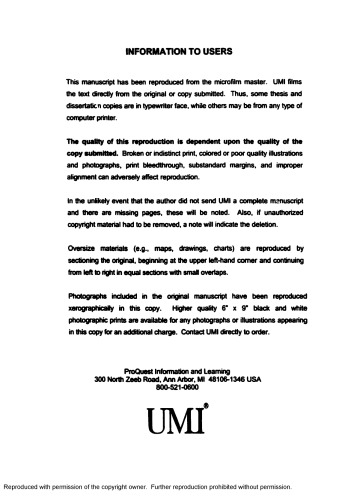Product desciption
The City Encomium In Medieval And Humanist Spain Thesis Jeffrey Stephen Ruth by Jeffrey Stephen Ruth instant download after payment.
This dissertation narrates the history of city encomia in Spain from the genre's roots in the eighth-century De laude Spanie of Isidore through the humanist laudes urbium of ca. 1455 to 1506. Preliminary context for the Spanish tradition is provided in a survey of classical and medieval theoretical writings for the praise of place. The major European city encomia from those periods are also presented.
Ancient authors tended to write about Iberia as a unit - Hispania - rather than to focus on its regions or cities. Hence the establishment of the early laus Hispaniae tradition in passages of Pliny, Solinus, Claudian, and Pacatus. The commonplaces of a temperate climate, gold-bearing rivers, natural fertility, and others, were passed on to Isidore, whose De laude Spanie would influence the much later thirteenth-century encomia of Hispania as seen especially in Jimenez de Rada and the Alfonsine Primera crónica general. These later texts also incorporated the lamentatio for a lost Hispania, an extended topos that was first applied to the Iberian situation in the eighth- century, post-conquest Cronica mozarabe.
The thirteenth-century city encomia written for Roncesvalles, Seville and Zamora represented a growing tendency in the Peninsula to mark the dignity and history of a local community, and not just Hispania as a wider entity. Fourteenth- and fifteenth-century laudes and lamentationes for cities (by Eiximenis, Perez de Guzman, Santillana, Corral, and others) were composed in Catalan and Castilian.
A return to the classical, oratorical model for a city encomium was effected in Spain by way of the Italian humanist example. Bruni's laus urbis for Florence (1404), and the subsequent imitations of it on behalf of Milan, Basel and Genoa, were adapted by five Spanish humanist authors who wrote similar Latin prose encomia for Peninsular cities (Palencia on Seville, 'Geronimo' on Cordoba, Pau on Barcelona, Proaza on Valencia and Sobrarias on Alcafiiz). To better illustrate this transfer, the collective Italian model is first analyzed here in terms of its content, rhetoric and politics; these three criteria are then shown to be present in each of the Spanish texts. The brief vogue of the humanist laus urbis in Spain is described as a phase of Peninsular city encomia that emerged from the literary and political circumstances of its time, and subsequently evolved into local, panegyrical history and verse praise of cities.


